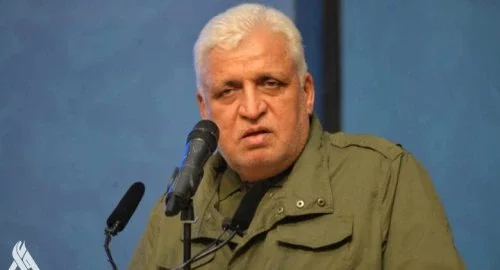
Faleh Al-Fayyadh, the head of Iraq's Popular Mobilization Authority, reaffirmed Iraq's strength on Wednesday 1st January, emphasizing the pivotal role of the Popular Mobilization Forces (PMF), the national army, and the country's people in safeguarding the nation's stability and security.
Speaking at a tribal conference in Dhi Qar Governorate, Al-Fayyadh expressed his gratitude for the warm reception from local tribal leaders, noting that Dhi Qar has long been an emblem of Iraq's identity. "Dhi Qar stands as a beacon of stability, with its progress and investments influencing the entire country," he said. He underscored that the resilience of Dhi Qar's tribes directly contributes to the strength and unity of Iraq as a whole.
Al-Fayyadh also highlighted the importance of Iraq's tribal structure, describing it as the bedrock of society. According to reports from Iraqi News Agency (INA), he pointed out that tribes have always been the first line of defense in difficult times, noting their crucial role in responding to crises and historical moments. He especially praised the tribes' response to the fatwa of jihad, which he described as instrumental in mobilizing support during critical times.
"The tribes are the backbone of the Iraqi people, and the Popular Mobilization Forces are part of you," Al-Fayyadh continued, stressing the sacrifices made by the PMF, including the martyrdom of prominent figures like Abu Mahdi al-Muhandis and Qasem Soleimani. He declared that Iraq is now stronger than ever, thanks to the collective efforts of the PMF and other national forces.
Referring to the spirit of unity and determination embodied by the PMF, Al-Fayyadh remarked that their sacrifices have reignited hope and morale, breaking the cycle of fear and despair. "We draw strength from the legacy of Al-Hussein (PBUH) to ensure that Iraq remains resolute and resilient in the face of any challenge," he said.
Concluding his speech, Al-Fayyadh reiterated that Iraq's strength lies in its Popular Mobilization Forces, army, and people, all of whom are united under the guidance of Iraq's religious authority.

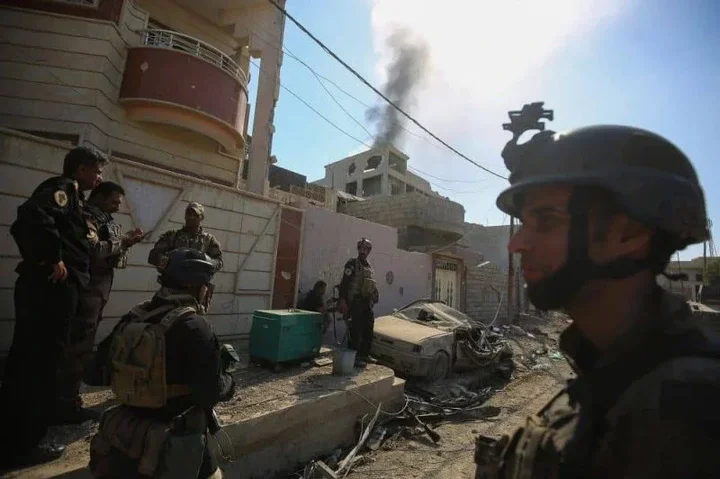
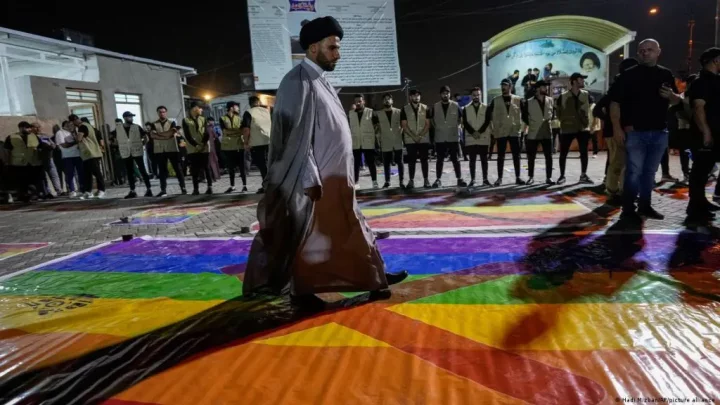

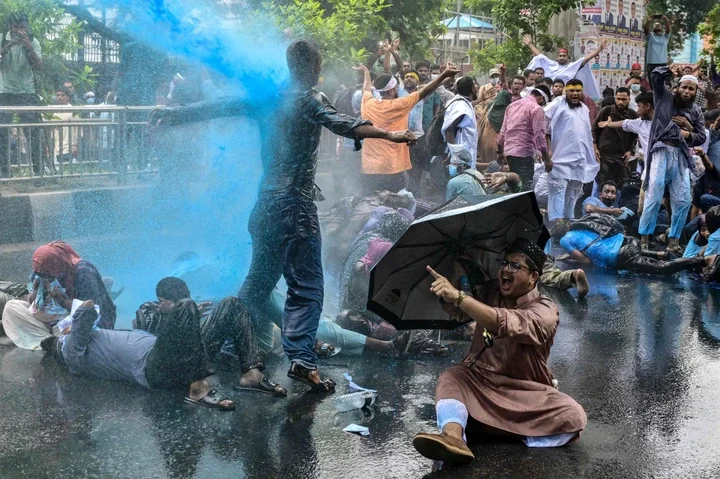
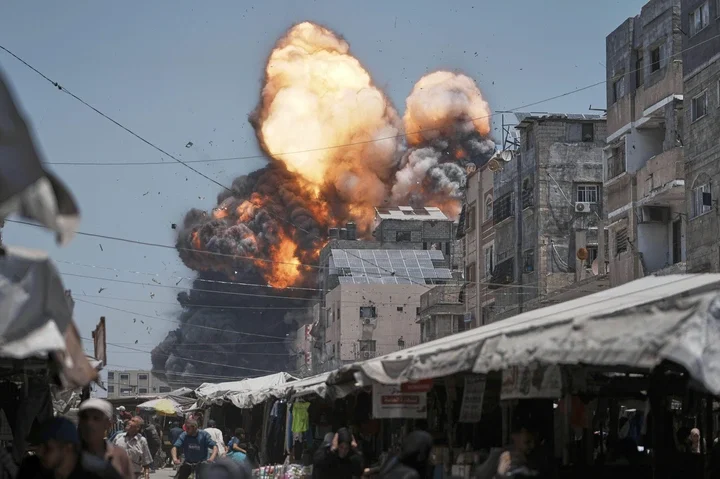
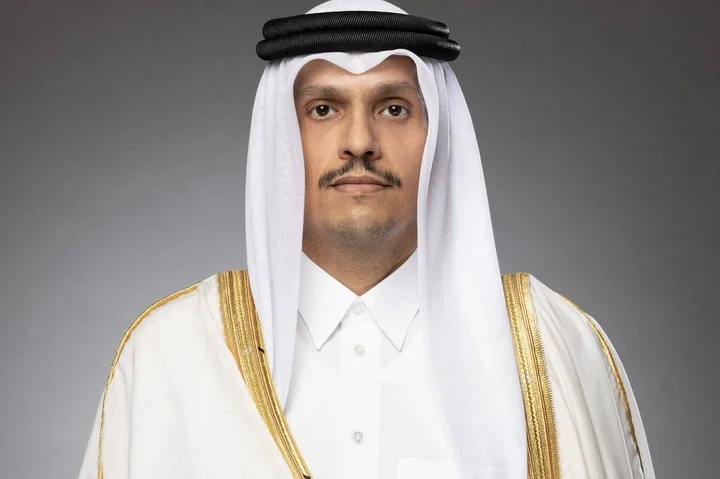

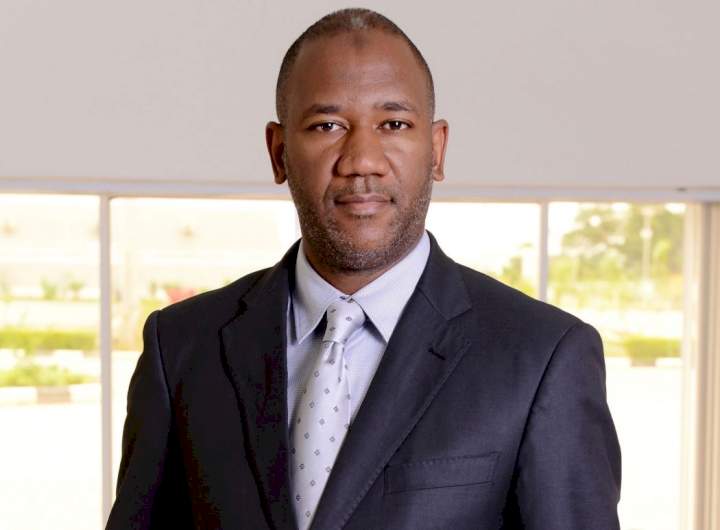
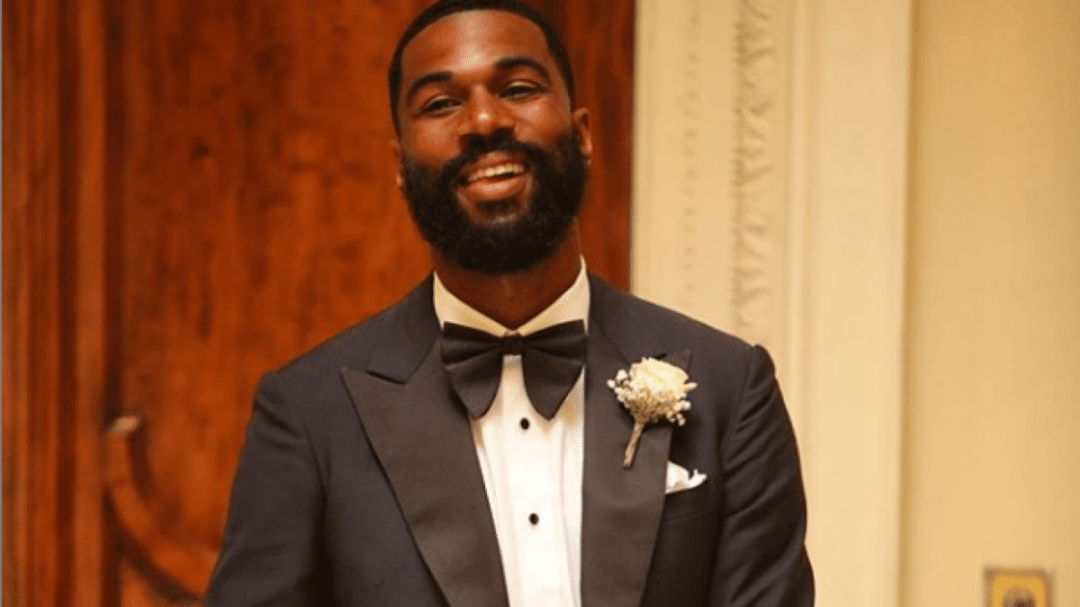


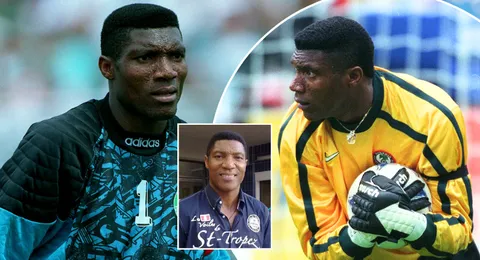
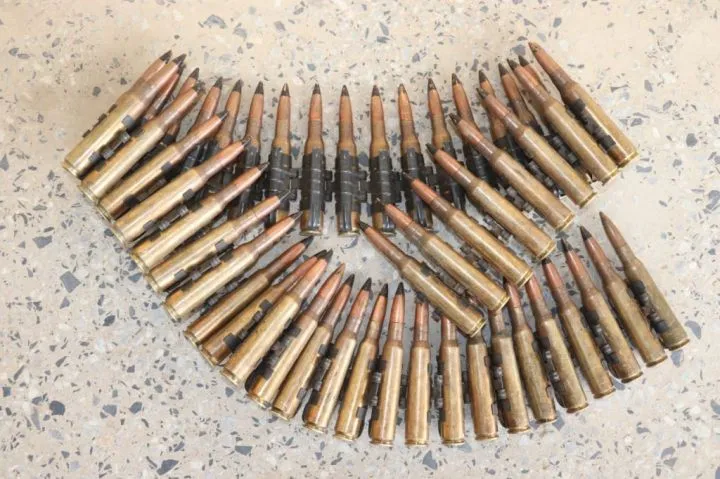
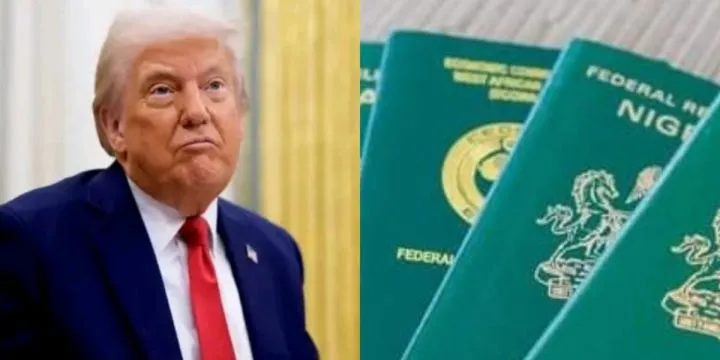
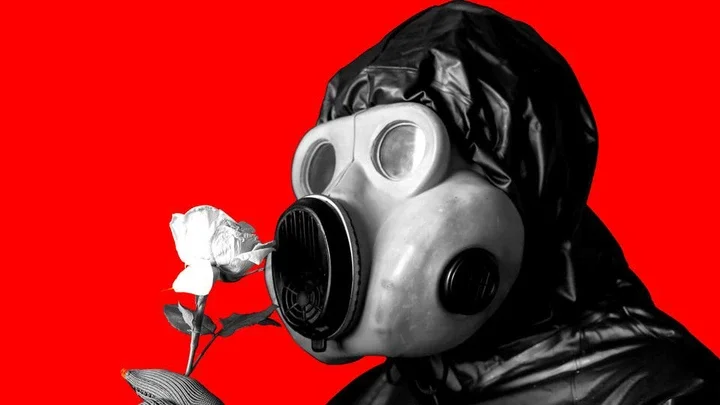

Comments